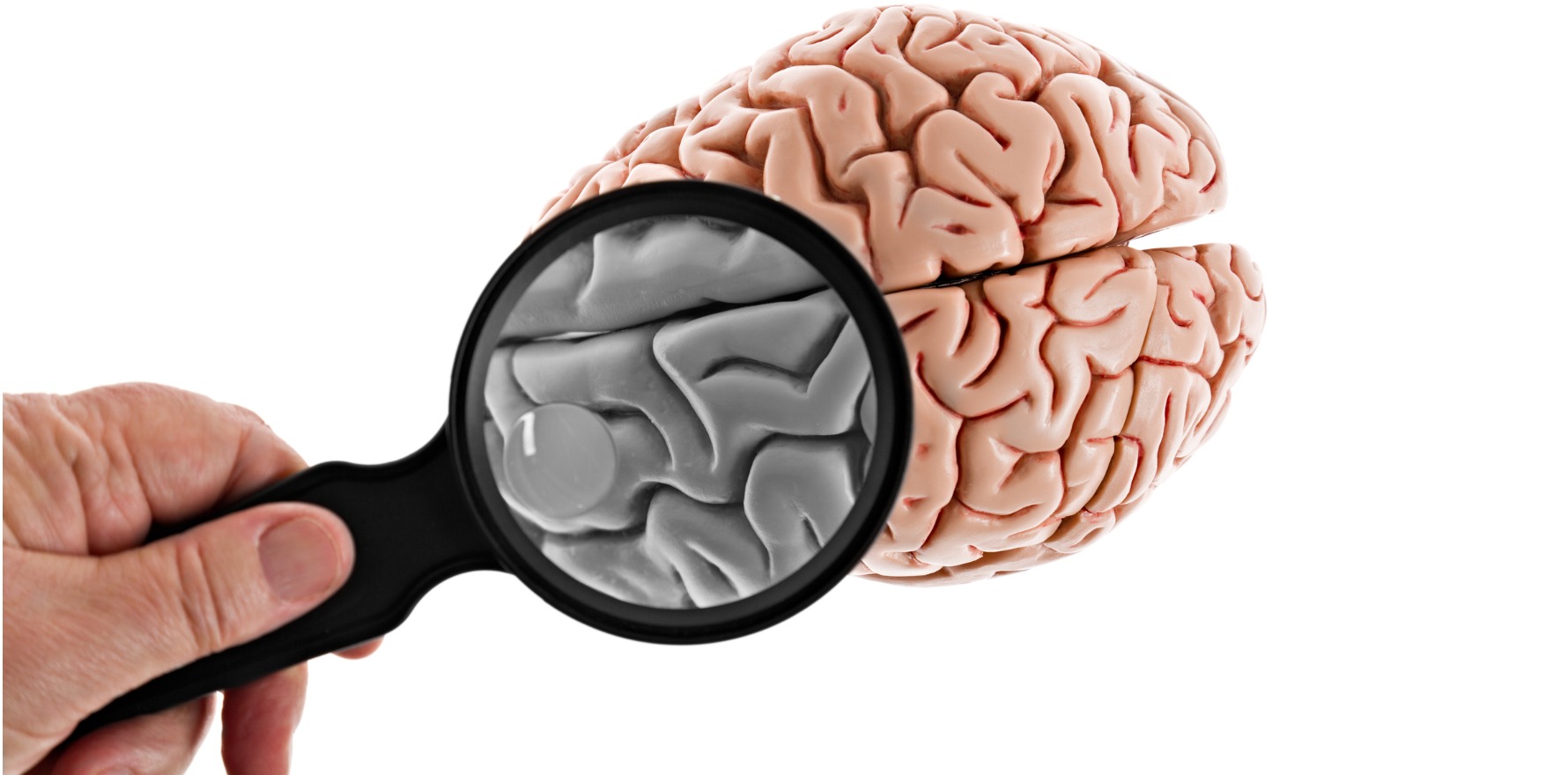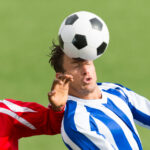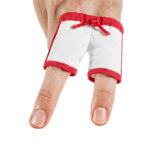In the wake of a Senate inquiry into head knocks, the RCPA has made a move it hopes others will follow.
The Royal College of Pathologists of Australasia is the first Australian medical college to officially recognise a link between repeated traumatic brain injury and chronic traumatic encephalopathy, as other peak bodies continue to downplay causality.
A new position statement from the college calls on the government to urgently look at evidence-based strategies to prevent against the neurodegenerative disease, including a potential ban on high-contact sports for children.
RCPA president Dr Lawrie Bott said the evidence on CTE and the need to act were clear.
“As a doctor, it worries me that we are continuing to expose boys and girls and young men and women to lifelong devastating harm, when we already have significant evidence as a community,” he said.
The college is specifically recommending that children under 14 play low- or no-contact versions of contact and combat sports and that sports history becomes standard for GPs to record when taking a medical history.
Neuropathologist Associate Professor Michael Buckland, executive director of the Australian Sports Brain Bank, assisted in writing the updated position statement.
“When you take a social history you talk about drug, alcohol and tobacco use because you know those behaviours are associated with a constellation of diseases,” Professor Buckland told The Medical Republic.
“And similarly, we know that exposure to contact sports participation and length of participation determines your risk of developing CTE later in life.
“I think that’s a really important thing for all doctors to know, to consider, when assessing someone for mental health issues or cognitive or behavioural issues.”
CTE isn’t limited to professional athletes, either.
“We now have more amateurs than professionals [with CTE at the brain bank],” Professor Buckland said.
“But obviously, there’s a lot more people playing amateur sport, so you can’t infer the prevalence of the disease, but it definitely affects amateurs as well.”
The RCPA’s call to action largely mirrors the recommendations set out in the final report from the Community Affairs References Committee’s inquiry into concussions and repeated head trauma in contact sports, which was released in September.
That report also called for the government to develop standardised concussion and head trauma guidelines for GPs and to look at funding “suitable” general practice consultations for people who have a concussion.
The RCPA’s acknowledgement of the link between CTE and repeated head trauma is a significant departure from the latest international consensus statement on concussion in sport, which said it was still “not known” whether the neuropathic changes associated with CTE can be clearly linked with Alzheimer’s disease neuropathology.
Released in June of this year, the consensus statement effectively ignored studies which did link repeated concussions with CTE in former athletes because they were not cohort studies.
Many of the authors on the statement have done work with sporting bodies like the AFL, the National Collegiate Athletic Association, US Soccer, World Rugby and FIFA.
The most recent position statement from Sports Medicine Australia, which was co-signed by the Australasian College of Sport and Exercise Physicians and the AMA, describes the link between concussion and CTE as “tenuous”.
In a special online edition of the Journal of Science and Medicine in Sport published by Sports Medicine Australia, editor-in-chief Professor Tim Meyer lamented the “unfortunate” divide over CTE in the scientific community.
“Sometimes it appears as if you have to declare yourself as a believer or non-believer into a causal relationship between head impacts and increased likelihood of neurodegenerative disease at later life before you are allowed to start debating,” he wrote.
“However, besides this relevant question there are many areas with mutual agreement which can be worked upon immediately.
“They include the need to raise awareness for the seriousness of head injuries and to conduct impactful research properly reflecting real-life conditions in contact and collision sports.”
Professor Buckland said he hoped the RCPA’s move to acknowledge the link would stimulate discussions within other medical colleges.
Ultimately, though, he’s not too fazed by the reluctance of sporting bodies to address the issue.
“The next time you’re worried about whether you’ve got dementia, just think about who you would call,” he said.
“Would you call a neurologist or sports medicine doctor?”





